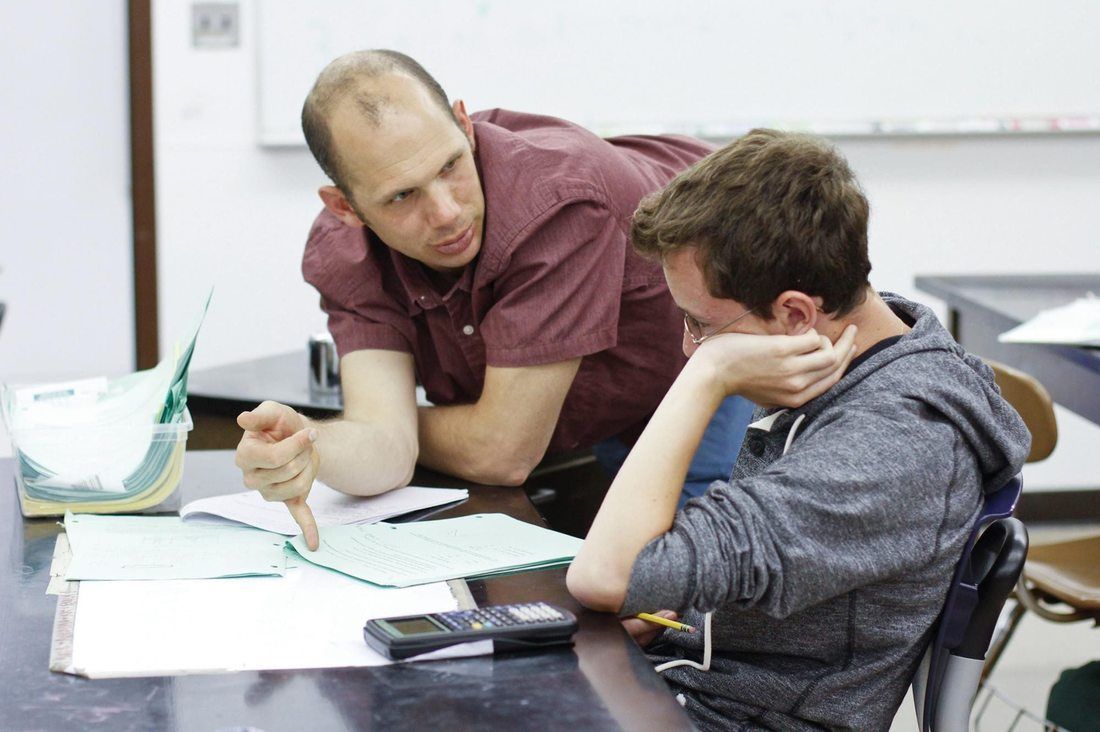|
|
|
Ever since I read amazing physics instructor Frank Noschese's writngs on Standards Based Grading (SBG), I have been obsessed with figuring out a system that works for me.
This 2011 blog outlines my initial attempt. This 2018 blog outlines one of many subsequent revisions. Today, day 1 of the 2019-2020 school year, and my 19th year in the classroom, I find myself reinventing the SBG wheel once again. I am committed to the process, or some eventual variation of the process for three primary reasons:
Each iteration is catalyzed by some aspect of the above three rules falling short. Either I have, as my first attempt in 2011 demonstrates, overcomplicated the grading process (4.7/5) trying to place a 5 pt scale on a 10 pt scale, or as my 2018 post demonstrates, overcomplicated the student communication piece, forcing students to record their performance on a ridiculously complex spreadsheet. Good intentions...bad result. I think I'm on to something this year! At least that little pedagogical voice in my gut senses I'm on to something. Here's the plan:
I am hopeful that the combination of simplified, more overarching standards, a more simple and structured way for students to track performance with color codes, and limited recording of public grades with maximum student individual recording of standard performance, will be a system that works for me this year! The joys of reflective practice. Comments are closed.
|
Categories
All
Archives
March 2024
|

 RSS Feed
RSS Feed